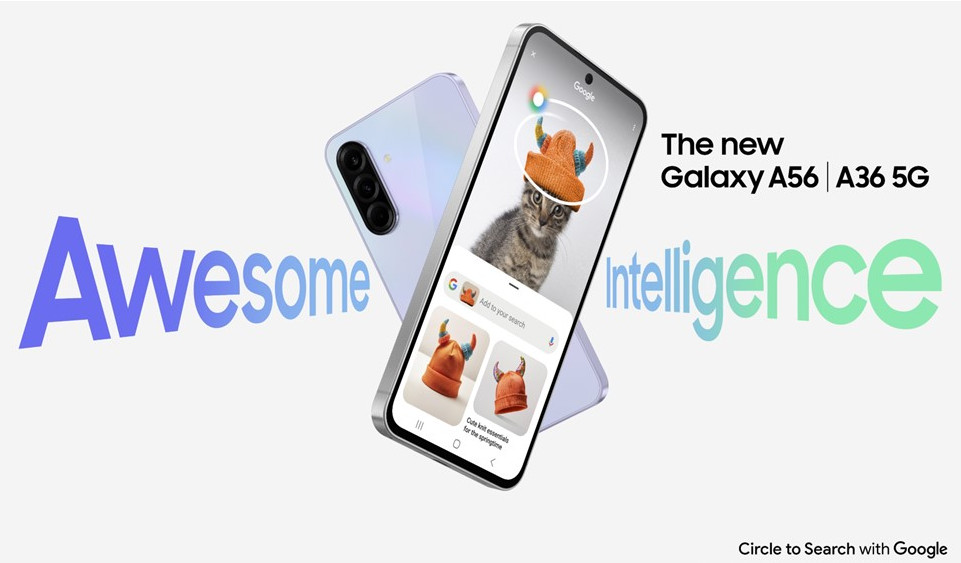If you’re a local startup, chances are you’d benefit to some extent from partnering a mobile operator. Despite them being viewed mostly as the uninnovative establishment, mobile operators have a lot to offer internet startups in Africa. It can be distribution, their marketing reach, or just tagging along their brand so customers can trust yours.
Anyway, the GSMA, an association for mobile operators across the world, has released a guide to help startups understand the needs of mobile operators. The objective is to better prepare the startups for when they need to partner these operators.
Called Opening Doors: A Start-Up’s Guide to Working With Mobile Operators in Emerging Markets (PDF download), it’s a really useful brief document that Techzim recommends you go through, even if you’re not working on a startup right now. It’ll certainly help you understand the companies that provide the revolutionary platform that is the internet.
We include here a section on the trends in the mobile telecoms industry and what they mean for startups:
| Key Trends | What Drives the Trends | What it means for startups |
|---|---|---|
| Mobile data and digital services are the new engines of growth | • Customers are increasingly using mobile data. • Adoption of smartphones is on the rise. • Customers are shifting to digital lifestyle products and services. | • Can your service drive usage of mobile data or other digital services like mobile money? • Can your expertise help operators better understand their digital users? • What type of device do your target customers use? • What platform best suits your audience? OS (iOS, Android) or USSD/SMS? • Will your business be affected by the transition to smartphones? • Are your apps built to consume data efficiently? |
| Mobile operators are aiming for more operational efficiency | • Operators have to keep investing to cope with the surge in traffic and their customers’ expectations of service quality. • Operators are facing high tax and regulatory pressures. | • Can working with you help the mobile operator reduce its fixed or variable costs? • Can your distribution channel be a cost-effective way to cross-sell mobile operators’ services and vice versa? • Does partnering with you create economies of scale? (e.g. infrastructure sharing or outsourcing activities between your start-up and mobile operator.) |
| New opportunities are appearing around traditional revenues | • Revenues from traditional usage of voice and SMS services are slowing down, pushing operators to look for new models | • Can your service help to directly boost the revenue of legacy services (voice, SMS, USSD)? • Can your service help mobile operators sell airtime more efficiently? • Can your physical resources (manufacturing, facilities, intellectual, building, vehicles, POS and distribution network) be used to sell more airtime? • Does your service rely on mobile operators’ legacy services like voice, SMS, or USSD through the use of APIs? |
| The battle for customers is moving from acquisition to retention | • New users and acquisition is limited and costly • Emerging markets are dominated by prepaid mobile usage; mobile users are switching frequently between providers | • Can your service make the operator’s customers more loyal? Can it extend the lifetime and value of the customer with the operator? • Does your service allow the operator to reach the new customer segment? • Is there a social element to your products and services that might lead your customers’ families and friends to sign up for an operator’s services? |
Ofcourse this assumes you have a product people want, because brand exposure and distribution can’t help a bad product win. But it’s also good to remember that great products can win even without making deals with platform companies.













